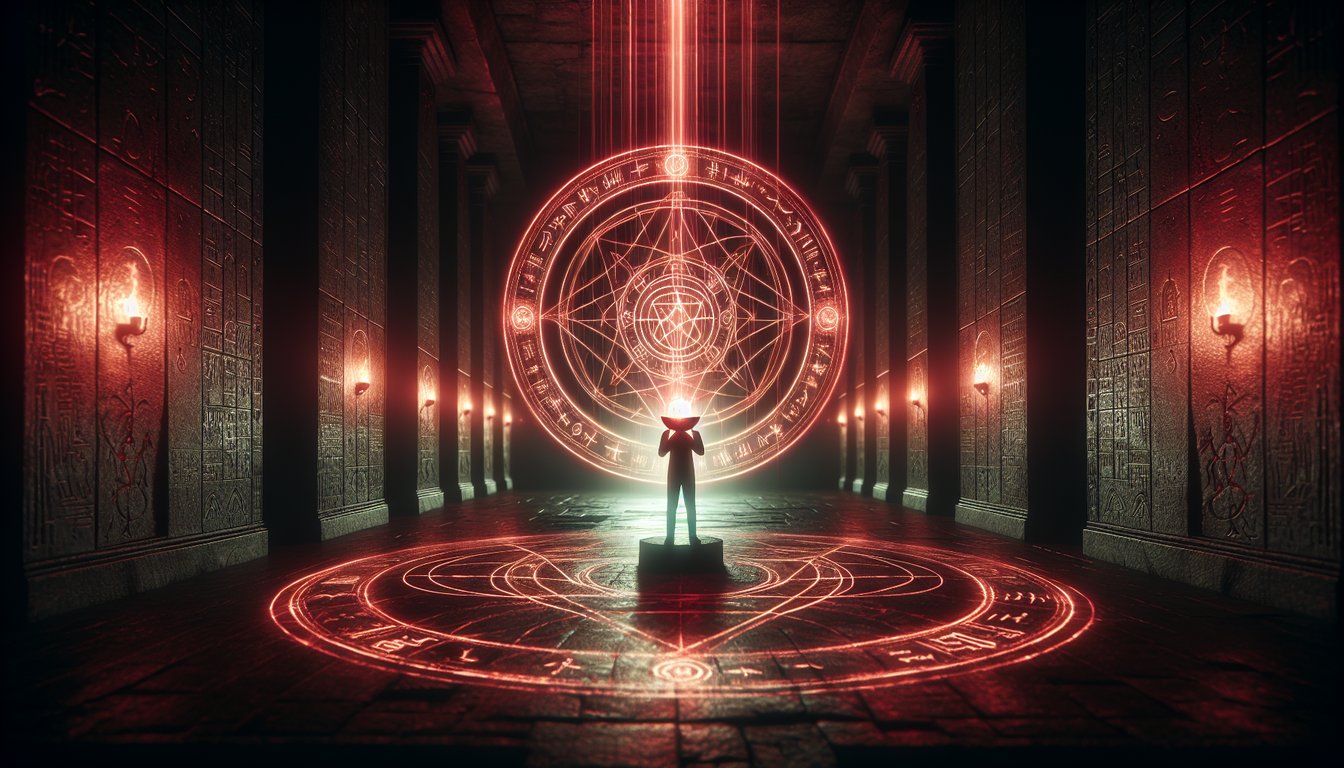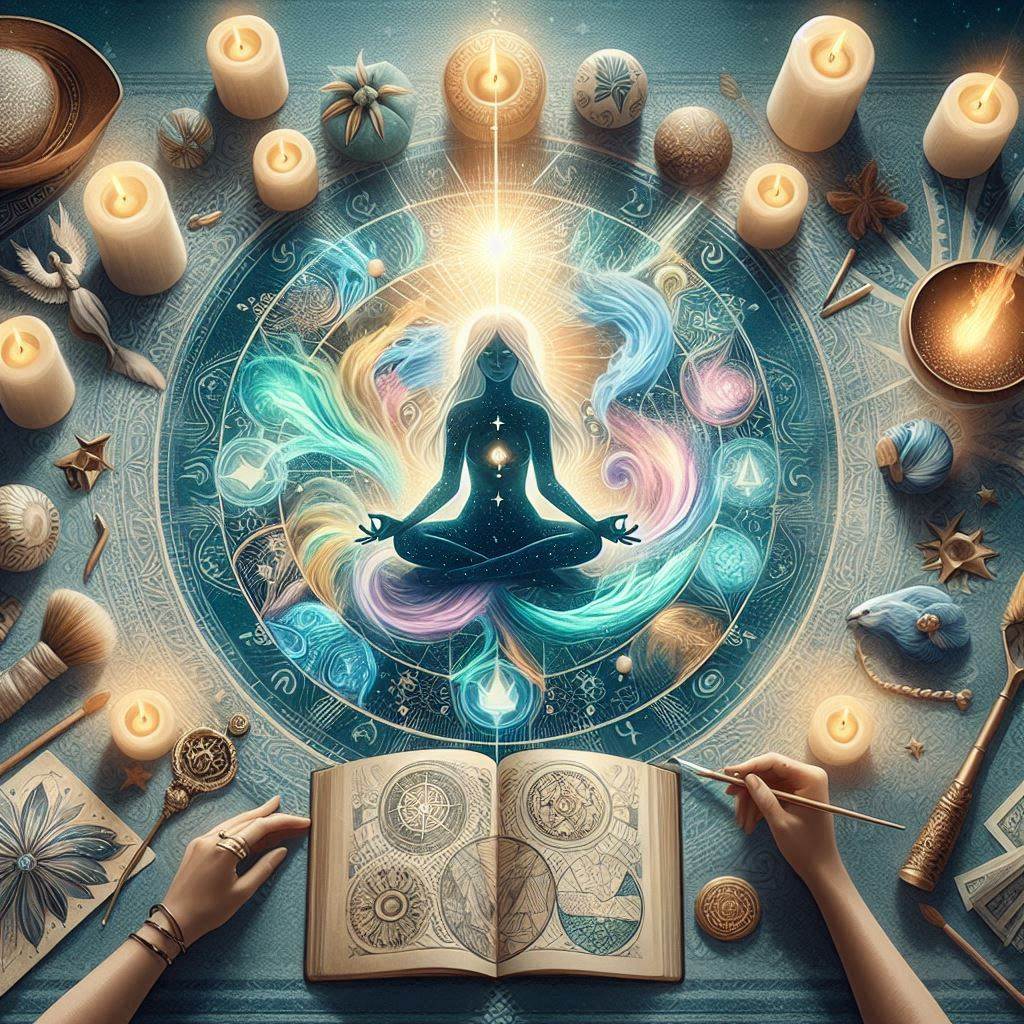Your cart is currently empty!

Lifting the Veil: The Truth about Blood Magic
Blood magic, often shrouded in mystery and fear, has long been a topic of fascination and controversy. With its roots deeply embedded in ancient cultures, this form of sorcery is both revered and reviled. In this blog post, we aim to shed light on the true essence of blood magic, unravel its historical origins, examine its ethical considerations, and explore the reasons behind its enduring allure.
Historical Origins of Blood Magic
The practice of blood magic dates back to ancient civilizations, where it was believed that blood contained life force or spiritual energy. This belief was prevalent in various cultures, from the Egyptians to the Aztecs. Encyclopedia Britannica highlights that blood was often used in rituals to invoke deities, seek protection, or ensure bountiful harvests.
Ancient Egypt
In Ancient Egypt, blood was considered the essence of life, and it played a crucial role in their spiritual and religious practices. The Egyptians believed that blood offerings could appease gods like Osiris and bring about divine intervention.
Aztec Civilization
The Aztecs also held blood in high regard, using it in ceremonial sacrifices to honor their gods. These rituals were meant to ensure cosmic balance and were seen as essential for the continuation of the world.
Ethical Considerations
Despite its historical significance, blood magic raises numerous ethical questions. The use of blood, particularly from living beings, is a contentious issue. Here are some ethical considerations that practitioners and skeptics alike must ponder:
- Consent and Harm: The source of the blood and the consent of the donor are critical. Non-consensual use of blood is both unethical and legally questionable.
- Symbolic Alternatives: Some modern practitioners opt for symbolic substitutions, such as using red wine or other fluids, to avoid ethical dilemmas.
The Allure of Blood Magic
Despite its ethical complexities, blood magic continues to captivate the imagination of many. But what is it about this form of sorcery that holds such a powerful allure? Here are some reasons:
- Connection to Life Force: The idea that blood is the essence of life gives blood magic a profound sense of power and mystique.
- Ritualistic Elements: The elaborate rituals and ceremonies associated with blood magic offer a sense of tradition and connection to ancient practices.
- Transformation and Healing: Many believe that blood magic has the potential to bring about significant transformation and healing, both physically and spiritually.
Modern Practices and Misconceptions
In contemporary times, blood magic is often misunderstood and sensationalized in popular media. It’s crucial to differentiate between myth and reality. Responsible practitioners emphasize the importance of ethical considerations and often adopt modern practices that align with today’s moral standards.
Debunking Myths
One common misconception is that all blood magic is inherently evil or dark. This stereotype is perpetuated by horror movies and sensationalist stories. In reality, many forms of blood magic are benign and focused on personal growth or healing.
Another myth is that blood magic is exclusively practiced by secretive cults. While it is true that some secret societies may use blood rituals, many practitioners openly discuss and share their knowledge in communities dedicated to ethical and safe practices.
Conclusion
Blood magic, with its profound historical roots and complex ethical landscape, remains a fascinating subject. By understanding its true origins and dispelling common misconceptions, we can appreciate the rich tapestry of beliefs and practices that continue to captivate people around the world. Whether viewed as a powerful spiritual tool or a controversial form of sorcery, blood magic undeniably holds a unique place in the realm of the mystical.






